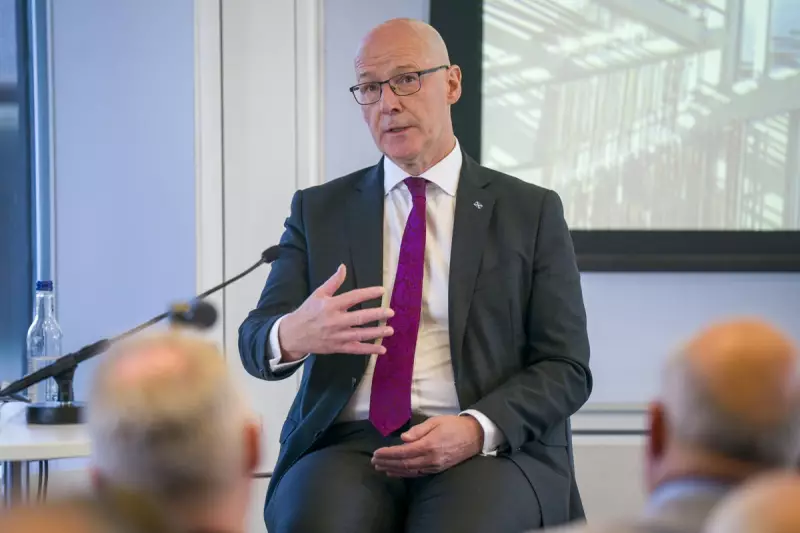
Scotland's First Minister John Swinney has launched a forceful condemnation of Nigel Farage's political approach, branding it as profoundly "divisive" and detrimental to the nation's social fabric. The stark warning comes as Farage's Reform UK party begins a significant campaigning push north of the border, aiming to make substantial gains in the upcoming general election.
In a direct address to the media, Swinney did not mince words, drawing a clear line between what he termed the "positive, progressive vision" of the Scottish National Party and the rhetoric employed by Farage. The First Minister expressed grave concerns about the potential impact of such politics on community cohesion and public discourse in Scotland.
Reform UK's Scottish Ambitions
Nigel Farage, recently installed as the leader of Reform UK, has made no secret of his ambitions to challenge the established political order in Scotland. The party is actively targeting constituencies where they believe they can capitalise on voter dissatisfaction with both the SNP and the Scottish Conservatives.
This strategic move marks a significant escalation in Reform UK's efforts to become a major force in British politics beyond their traditional strongholds in England. Party insiders suggest they are preparing to field candidates across numerous Scottish constituencies.
Conservative Concerns and Electoral Calculus
Political analysts are closely watching how this development might affect the electoral fortunes of the Scottish Conservatives. There is growing concern within Tory ranks that Reform UK could split the right-of-centre vote, potentially allowing SNP or Labour candidates to secure victories in tightly contested seats.
The situation presents a complex challenge for Scottish Conservative leader Douglas Ross, who must now navigate the dual threat from both the nationalist SNP and the insurgent Reform UK party.
This political realignment in Scotland reflects broader tensions within unionist politics and sets the stage for a highly unpredictable and fiercely contested election battle that could have profound implications for the future of both Scottish and British politics.





